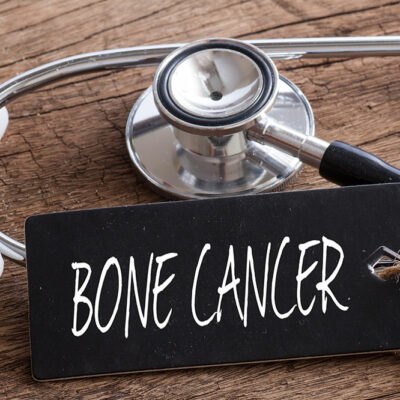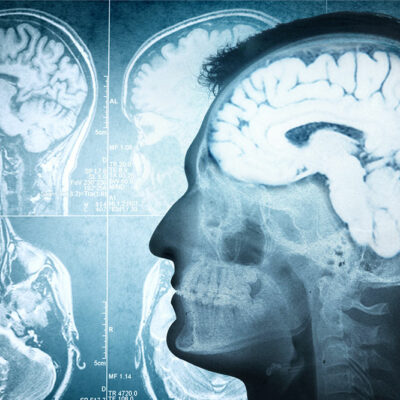
health
6 early arthritis signs one should not ignore
Arthritis is a health condition in which a person suffers from joint inflammation. It is a degenerative disease that causes problems such as joint pain, stiffness, and limited mobility and flexibility. While arthritis generally occurs in senior citizens, even young adults can suffer from this condition. Diagnosing the disease in its early stages is necessary to slow down its progress. Considering that, some of the early signs of arthritis are discussed below: Joint stiffness in the morning One of the earliest signs of arthritis can be experienced right when one wakes up in the morning. People with this condition feel a lack of flexibility after sleeping or sitting for a prolonged period. This sensation makes such individuals feel the need for lubricating their stiff, rusty joints. Early morning stiffness is usually a common occurrence. However, if this stiffness lasts more than 30 minutes, it is an indicator of rheumatoid arthritis, one of the most debilitative kinds of arthritis. So, if one feels prolonged stiffness in their joints on waking up with alarming frequency, they need to consult their healthcare provider immediately. Pain in the limbs In addition to the stiffness of the joints, pain in the hands and legs is an early sign of all kinds of arthritis.




















